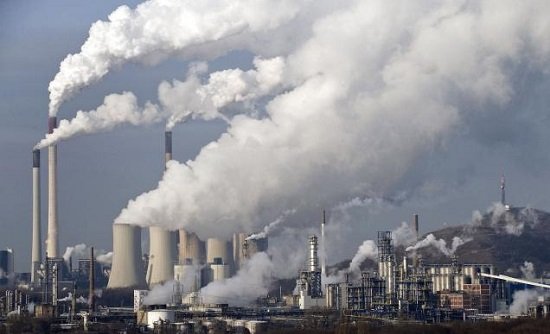Our planet is at risk. Our environment is under threat. The air we breathe, the water we drink, the seas we fish in, the soils we farm, the forests, animals and plants which surround us are in danger. New terms and words describe these problems - acid rain, the green-house effect, global warming, holes in the ozone layer, desertification and industrial pollution.

We are changing our environment. More gases and wastes escape from our factories. Rubbish, oil spillages and detergents damage our rivers and seas. Forests give us timber and paper, but their loss results in soil erosion and also endangers wildlife.

The richer countries of the world are mainly responsible for industrial pollution. The is where most of all the commercial energy is produced. In developing countries, poverty causes people to change their environment - to overgraze grasslands, to cut down trees for new land and firewood, to farm poor soil for food.

The United Nations Environment Protection Agency says that an area of forest the size of Sierra Leone disappears every year. Trees are cut down for timber which is used for building, furniture, paper and fuel. They are also destroyed to provide land on which to graze animals and build new villages and towns. But trees have many other important uses. Trees protect the land from heavy downpour of rain and their roots help to hold the soil together. Forests are also the home of many living things. The amazon forest contains one fifth of all the species of birds in the world. In our forest, there may be plants amd animals which could help i the discovery of ew medicines of crops.
To rescue and conserve our beautiful world, we must act cooperatively. Individuals, communities, nations and international associations, all have a responsibilty. By learning to protect the natural environment, we can manage the earth's resources for generations to come.
The huge problem is that the developed countries which generate the pollution do not want to take action since it is costly, in the short term at least, to make the required changes. In addition, we have far too many people who disregard the scientific evidence and deny the existence of this environmental issue. You are doing a great job of keeping the conversation going with your post. Thank you!